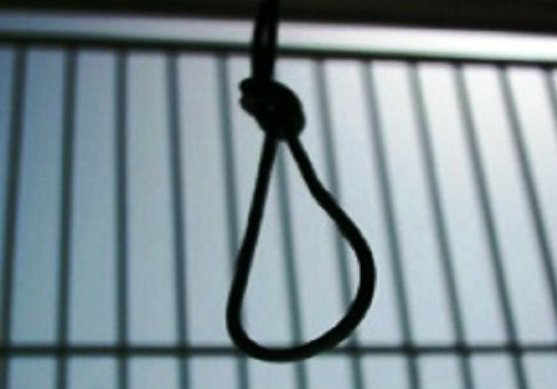The ICJ today condemned the execution of Asadul Islam, leader of Jamayetul Mujahideen Bangladesh (JMB), a banned Islamist group.
Asadul Islam was hanged on Sunday for his alleged role, along with seven other JMB leaders, in a 2005 bus bombing that killed two lower court judges.
He was tried and convicted in absentia in 2005, later detained in July 2007, and had been in prison since that time. In August 2016, the Bangladesh Supreme Court dismissed his final appeal, paving the way for his execution this week.
“The death penalty is the ultimate form of cruel and inhuman punishment, and does not serve the interests of justice,” said Sam Zarifi, Asia-Pacific Regional Director for the ICJ.
“While Bangladesh authorities have an obligation to bring to justice perpetrators of such terror attacks, this must be done through fair trials and the rule of law,” he aded.
The International Covenant on Civil and Political Rights (ICCPR), to which Bangladesh is a party, protects the right to life and the right to a fair trial.
As the UN Human Rights Committee has emphasized, because of its irreversible nature it is particularly important that all applicable fair trial standards be scrupulously observed in capital punishment cases.
Failure to respect such standards constitutes a violation of both the right to life (ICCPR article 6) and the right to a fair trial (ICCPR article 14).
The ICJ is particularly concerned that his trial in absentia impaired Islam’s right to a fair trial, as the right to be present at trial and present a defence are critical elements of a fair trial.
The ICJ opposes capital punishment in all cases without exception.
The ICJ considers that the death penalty constitutes a violation of the right to life and the right not to be subjected to cruel, inhuman or degrading treatment.
In December 2014, the UN General Assembly by an overwhelming margin adopted a resolution, for the fifth time since 2007, emphasizing that the use of the death penalty undermines human dignity and calling on those countries that maintain the death penalty to establish a moratorium on its use with a view towards its abolition.
“Especially where the death penalty is concerned, the State must take extra care to ensure that the trial process meets the highest standards of fairness and due process under international law, as there is no possibility of reversal once carried out,” Zarifi said.
“Bangladesh has an unfortunate record of administering unfair trials in terrorism cases, including those involving the death penalty,” he added. “Asadul Islam’s case raises serious concerns that the Bangladesh authorities once again failed to meet their fair trial obligations under international law, and therefore this death sentence should not have been carried out.”
The ICJ calls on Bangladesh to impose an official moratorium on the death penalty and take prompt measures towards its abolition.
Contact
Sam Zarifi, ICJ Asia Pacific Regional Director (Bangkok), t: +66 807819002; email: sam.zarifi(a)icj.org




